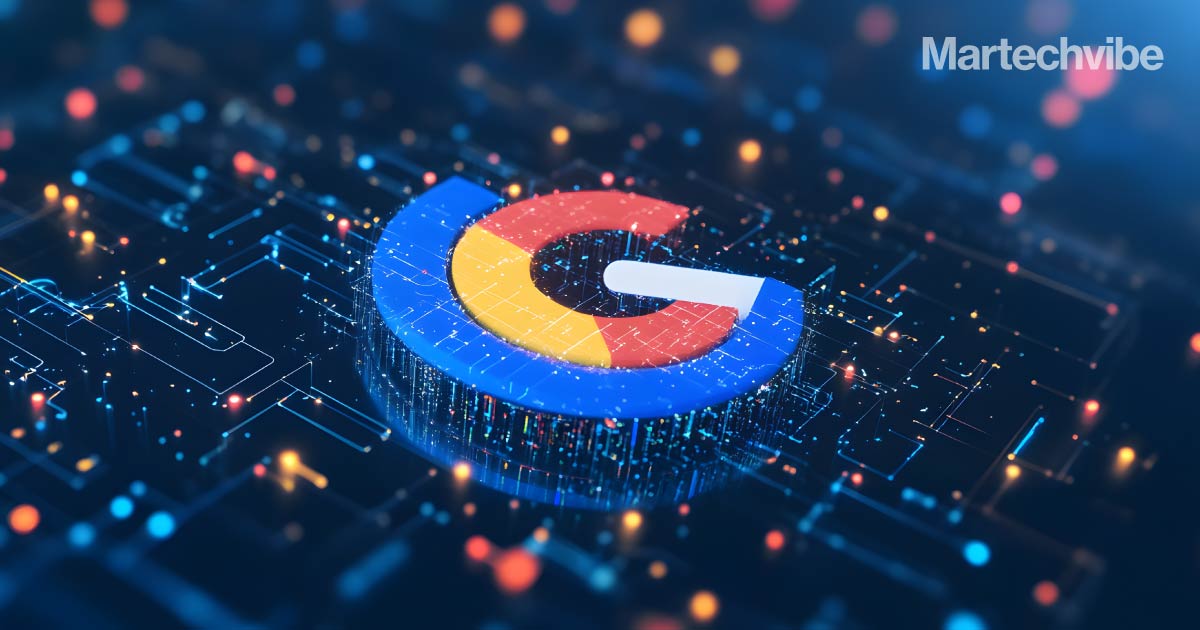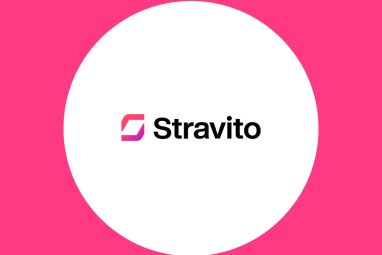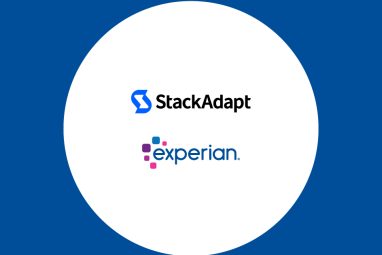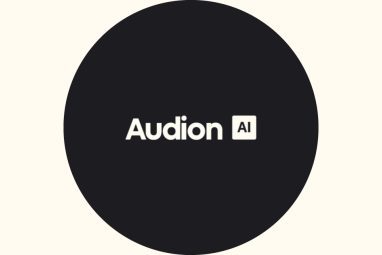Google AI Overviews Boost Search Usage by 49%
The research shows that traditional metrics like click-throughs have steadily decreased since the launch of AIOs, while AI-driven impressions—surfaced via tools like AIOs—are surging.
Topics
What to Read Next
- Stravito Introduces Deep Research Agent in AI Assistant
- StackAdapt Partners with Experian to Boost First-Party Data Activation
- Later Introduces Later 360, a Unified Reporting Suite
- Audion Unveils Audion AI to Deliver Outcome-Driven Audio Advertising Campaigns
- Ramco Systems Launches Chia, a Conversational AI Agent

BrightEdge released new research on Google AI Overviews (AIOs), showing the advent of AI-powered search engines isn’t diminishing Google’s dominance, but rather fueling an unprecedented expansion of overall search activity.
BrightEdge found total search impressions increased by over 49%, with Google experiencing growth alongside the emergence of AI-driven discovery platforms, underscoring a powerful shift in how people are seeking and finding information in the AI era.
Key Insights from the Report
- In the last month, Chatgpt grew 21%, with Perplexity and Gemini remaining about 1/10 of its size, and other AI search engines like Claude, Meta, and Grok another 1/10 smaller. Meanwhile, Google still maintains over 90% of the market share.
- AIOs now appear in over 11% of Google queries, a 22% increase since debuting last year.
- Longer, complex queries have grown 49% in AIOs since May 2024, while ranking-style content and comparison queries have decreased, down 60% and 14% respectively.
- Impressions on all content have skyrocketed by over 49% since the launch of AIOs, while click-throughs have steadily declined, with a nearly 30% reduction since May 2024.
- BrightEdge data shows that the industries with the strongest AIO presence are healthcare, education, B2B tech, and insurance. Travel and Entertainment are rising, while ecommerce has not seen rapid growth in the past year.
“The assumption was that AI would kill traditional search. But our data tells a different story: search is not disappearing, it’s expanding. Google is not being replaced; it’s being reimagined,” said Jim Yu, Founder and CEO of BrightEdge.
“The rise of AI agents has created a new battleground where visibility is no longer about rankings or clicks; it’s about presence across a new class of interfaces. Brands need to understand how and where they’re being interpreted by AI. The rules are changing, and this data is an early signal of where things are headed.”
ALSO READ: BrightEdge Announced AI Offerings in Data Cube X
From Clicks to Impressions, From Discovery to Decision-Making
The rise of AI search engines and autonomous agents is fundamentally reshaping how discovery works and how brands and publishers measure success. Traditional metrics like click-throughs have steadily decreased since the launch of AIOs, while AI-driven impressions—surfaced via tools like AIOs—are surging.
BrightEdge data confirms that while Google remains the main battleground for search performance, there is a growing need to rethink performance not in terms of click-throughs, but influence, appearing in the right context, at the right moment, in the AI experience.
The shift does not stop at discovery. As AI agents increasingly connect to payment platforms, the line between recommendation and transaction is dissolving. This shift demands businesses rethink marketing to consider AI as a direct consumers. The future of commerce will hinge on understanding and influencing AI agents.
The Path For Future-Proofed Brand Strategies
Brands must urgently adapt SEO for an era of buying within AI search. Future-proofing means optimising not just for clicks but for AI agent visibility and preference, and shifting focus to new KPIs. To find success in AI search, brands need to attend to their mentions within AI outputs, sentiment behind those mentions, and the likelihood of AI systems prioritising their content in the buyer journey.
Not all AI platforms treat content the same, and different attributes matter for different AI search engines, and differ in how they cite their sources. In Chatgpt, it’s easy to get mentioned—but citation links are rare (every 2 in 10 mentions are cited).
Perplexity leans heavily on citations, averaging over 5 citations per answer, but mentions brands less frequently—only 1 in 5 answers include any brand reference at all. Google AIOs exist in the middle of this spectrum, blending brand recall with source attribution.
This fragmentation is a complex, new frontier: brands only have one website, yet must optimise for many AI engines with different rules.
ALSO READ: Nearly Half of Americans Admit to Using AI for Shopping









































































































